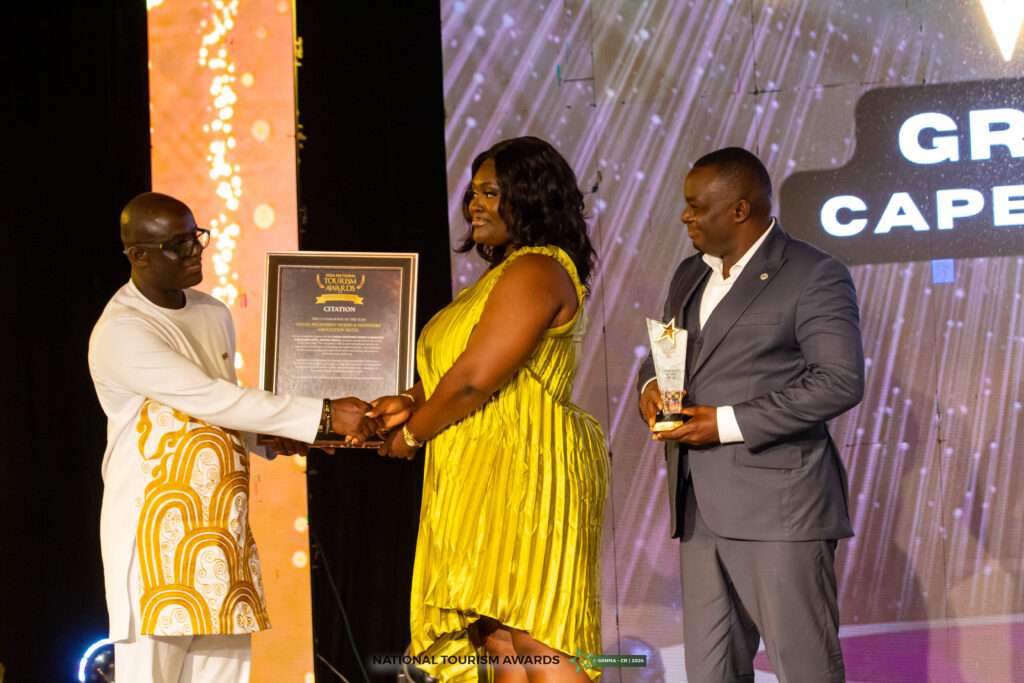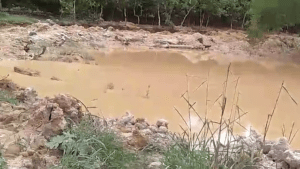Afghanistan girls’ education: ‘When I see the boys going to school, it hurts’
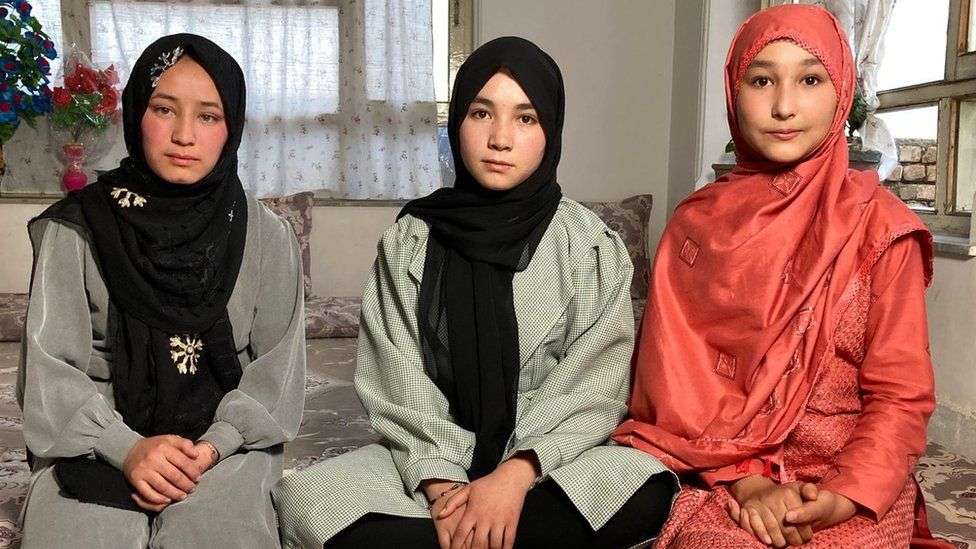
Women are all devastated that young women in Afghanistan cannot attend school.
“Every day I wake up with the hope of going back to school. They [the Taliban] keep saying they will open schools.
But it’s been almost two years now. I don’t believe them. It breaks my heart,” says 17-year-old Habiba.
She blinks and bites her lip trying hard not to tear up.
universities are only temporarily closed to women and girls until a “suitable environment” can be created.
It is evident that there are divisions within the Taliban government on the issue, but so far any efforts by those who believe girls should be allowed to study have yielded no results.
Regarding some of the other restrictions, the Taliban say they were imposed because women were not wearing a hijab (head covering) or following Islamic laws.
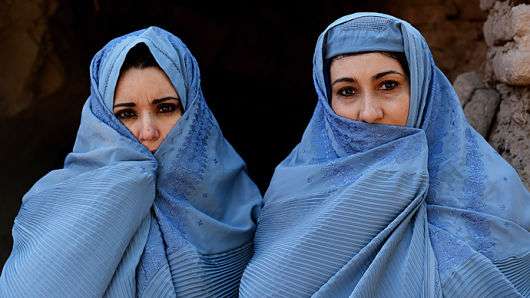
Enforcement of the Taliban’s rules isn’t uniform across provinces, but the regulations create an environment of fear and confusion.
“We always wear a hijab. But it doesn’t make a difference. What do they mean? I don’t understand,” Tamana says.
In our time in Afghanistan before and after the Taliban takeover, we have never met an Afghan woman not wearing a hijab.
When I see my brother leaving for school, I feel hurt.
To counter the shrinking public spaces for women, Laila Basim had co-founded a library for women in Kabul which we visited in November last year.
Thousands of books were neatly stacked on shelves that covered three walls of the room. Women came in to read books, and sometimes just to meet each other – an escape from being indoors in their homes.
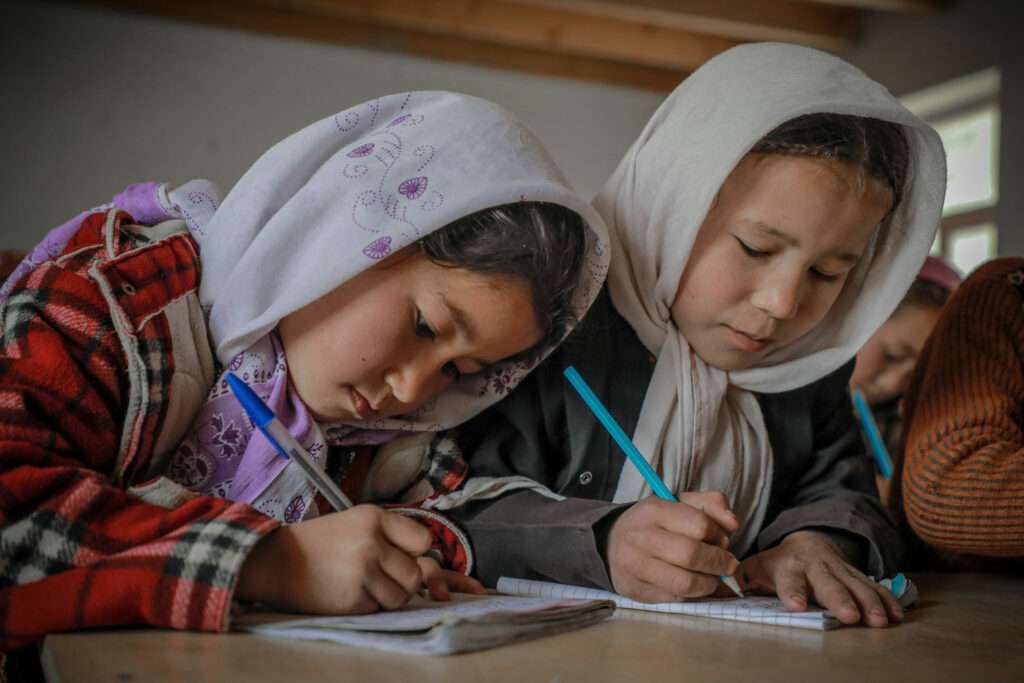
“Twice when the Taliban shut the library, we managed to reopen it. But the threats increased day by day. I got phone calls saying how dare I open a library for women. Once they came to the library and told women that they had no right to read books,” says Laila. “It became too risky to run it, so I had to take the inevitable decision to shut it down.”
“Of course, I am scared, but the closure of the library is not the end of the road. There are other approaches through which we can raise the voices of Afghan women. It is difficult and will require sacrifices, but we have started it and are committed to it,” she adds.
For women who are the only earning members of their families, it’s hard to even get from day to day.

Meera (name changed) is a widow in her mid-forties. She used to work as a cleaner at a girls’ school, supporting her family of 10. She lost her job when the school closed, and, amid an economic crisis in the country, she’s not found much work since.
She now begs on the streets of Kabul.
“I feel like I’m not alive. People know I have nothing so they try to help me out. It is better to die than to live a life without dignity,” she says, weeping inconsolably. “If I get potatoes one day, I peel them and cook them. The next day I cook the peelings to feed my family.”
Even amid her struggles, Meera wishes her daughters could go to school.
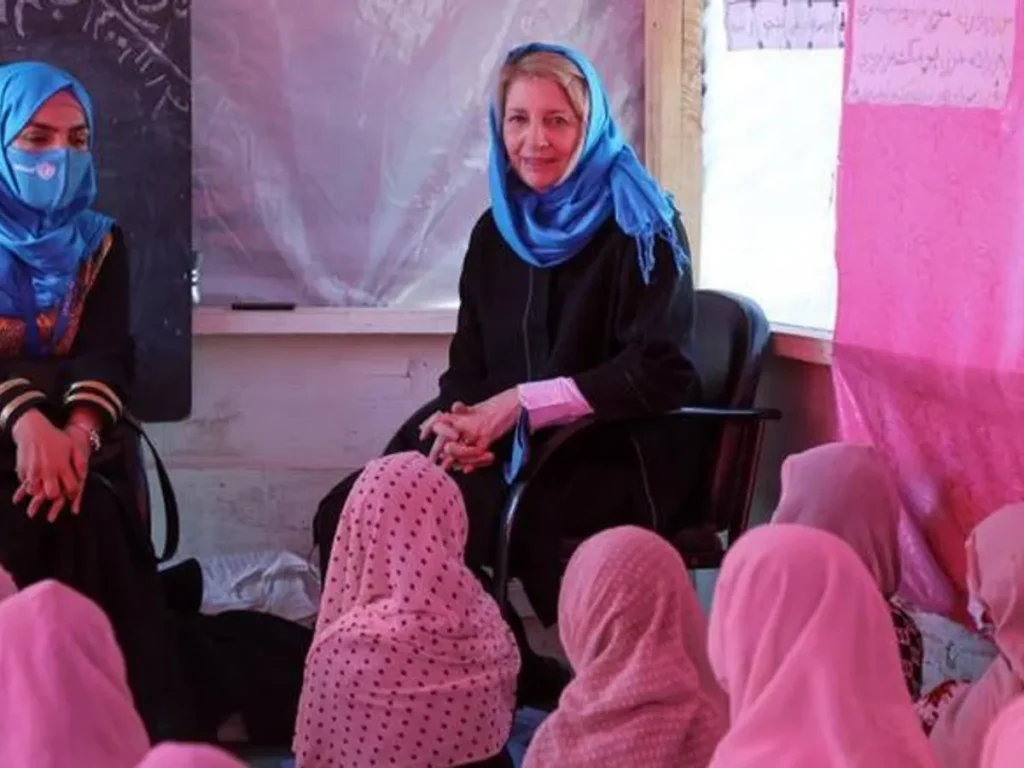
“If they could be educated, they could get jobs. One of my daughters wants to study law and another wants to study medicine. I tell them that I will find money for their education, even if I have to beg for it, but they can’t go to university because the Taliban don’t allow it,” she adds.
“There is nothing except pain or sorrow in every house now,” she says.
Additional gathering in Kabul.


